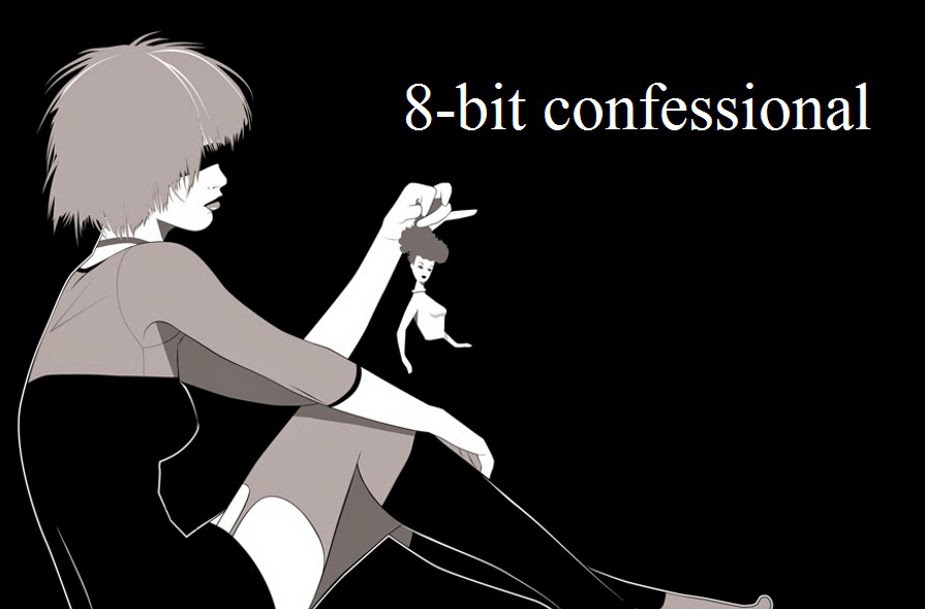
My newest Moving Pixels column over at PopMatters is a look at one of my favorite topics when discussing games. I tend to take an interest in rhetorical features of media, and as a result, I often am interested in how games communicate and the mechanisms that underlie such communication.
I have written a lot in the past about how atmosphere generates certain emotive responses in players. One of my favorite series to consider this way (and the one that really peaked my interests in the way that games evoke emotion in the first place) is
Grand Theft Auto.
Vice City in particular has always been a game that I cannot help but be blown away by its ability to generate nostalgia through music and other elements.
However, the fullest evolution of communicating a world in recent games (in my mind) has been
Bioshock with its stunningly detail oriented build of the city of Rapture. Like
GTA's approach to world bulding, it is the little details, music, architecture, etc., in
Bioshock that generate a real sense of history to that world that is communicated intellectually and emotionally to the player. I was reminded of this detail oriented build when playing
Wolfenstein but then found myself underwhelmed by its aping of
Bioshock's more successful elements. Thus, I decided to consider how
Bioshock may be influencing current game worlds and where those imitators may have lost their way in emulating their inspiration.
More at the link below:
The Art of Atmosphere: From Bioshock to Wolfenstein
 Set in the Italian Renaissance, Assassin's Creed II represents an effort to represent this period visually, politically, and artistically. Since many art critics recognize the Renaissance as a time in art when the landscape became particularly important, it is interesting to note that even the game mechanics of Assassin's Creed are interested in visually representing the sweeping grandeur of landscapes and cityscapes.
Set in the Italian Renaissance, Assassin's Creed II represents an effort to represent this period visually, politically, and artistically. Since many art critics recognize the Renaissance as a time in art when the landscape became particularly important, it is interesting to note that even the game mechanics of Assassin's Creed are interested in visually representing the sweeping grandeur of landscapes and cityscapes.






















